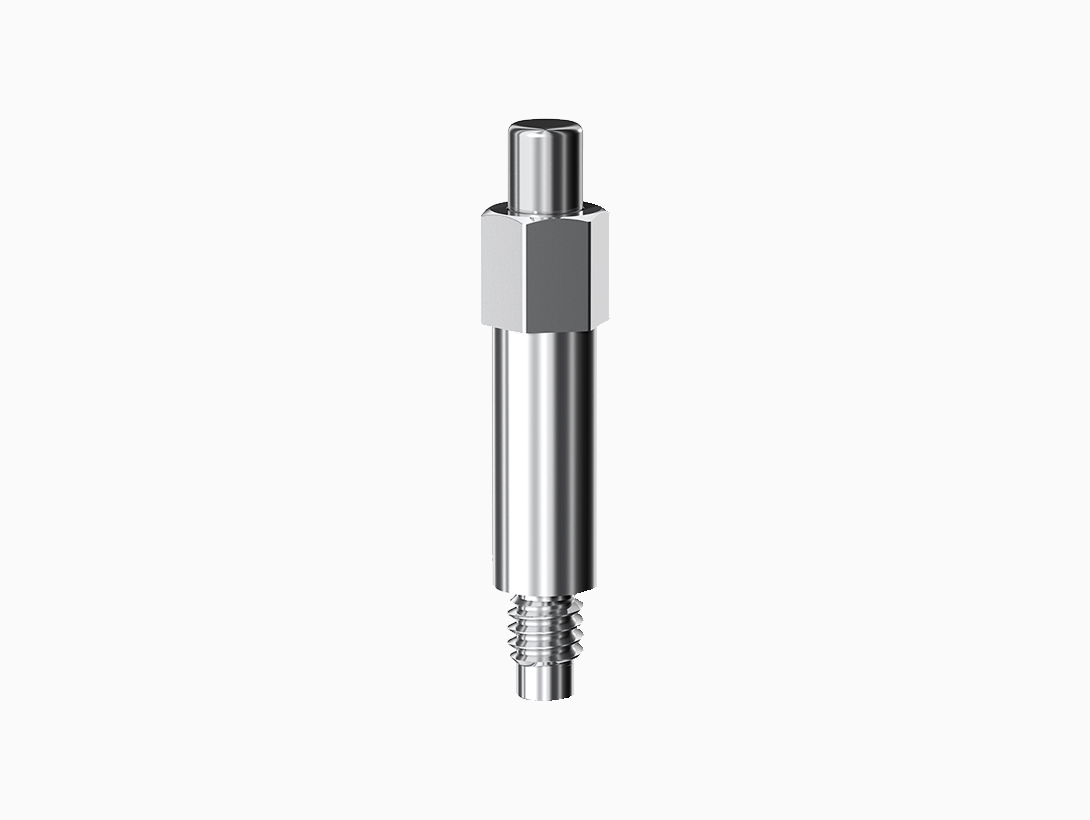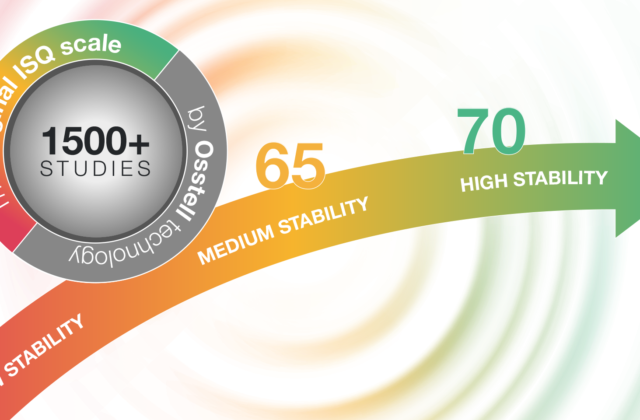
Free CE webinar with Prof. Mauro Labanca
Feb 25, 2021
Immediacy: Always properly performed?
Immediacy: Always properly performed?
By Prof. Mauro Labanca
1 hour | English | 1 CE credit | FREE
Available on demand
Webinar details
Immediate loading options are being offered as almost routine and within everyone’s reach, but with more circumspection, particularly in light of the literature, which demonstrates that it is not always true that the success rates equal those of traditional treatments. How to ensure quality and the best outcome in the procedures and applying science as well as conscience?
Patients, media, science magazines and congresses are more frequently oriented towards aggressive implant therapy, involving increasingly reduced recovery and waiting times. Professional and economical background makes the youngest colleagues embrace implant therapy, although in the past it was mainly entrusted to field specialists.
Accordingly, the need to have objective evidence becomes increasingly urgent and as such more easily verifiable and comparable, and no longer only subjective, on some essential parameters in clinical evaluation—stability and primary retention are among those.
In the absence of a proper assessment of these aspects, the decision regarding implant reliability, and whether it can be used for immediate loading or not, depends entirely on the surgeon’s experience and practical ability.
Today, the Osstell implant stability quotient (ISQ) measurement and the proper use of resonance frequency analysis (RFA) enables clinicians to render data on implant stability not anymore only subjective and, more importantly, comparable over time.



